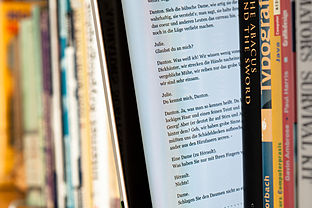
We are passing on a request for help that you might also have; and a few answers sent in to help. If you have other suggestions, please post them to the comments!
“I’m the archivist and part of a digital preservation team at a small Catholic academic library. We have about 1500 full-time students. Some colleagues and I attended a Digital POWRR preservation workshop last year (which I highly recommend if it makes its way to your area). As part of our action plan to strengthen our digital file preservation methods and storage capabilities, we’re wondering what software/tools other similarly-sized academic libraries/archives are using for fixity checks and virus scans.
We learned about some tools at the workshop, but we’re not sure what’s best for our particular situation, and our campus IT department wants us to research what other benchmark institutions are using. We are NOT looking for a complete software package that includes hosting our files. Our files are hosted on the university server and will soon be backed up to cloud service. We just need recommendations for fixity checks and virus scans.
If anyone is doing something similar, can you tell me more about what products you are using for fixity checks and virus scans, and if you recommend them? Is there a one-time cost to implement the tools or do we need to allocate money annually for digital preservation?
Anything else you would like to share about digital preservation, including written preservation plans, would also be helpful.
Thank you in advance!
Catherine
Continue reading Question: Digital preservation: fixity checks/virus scans




